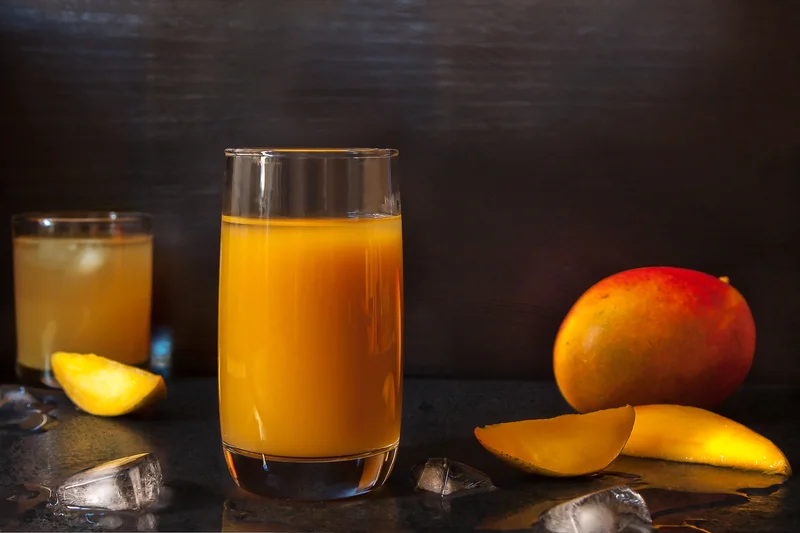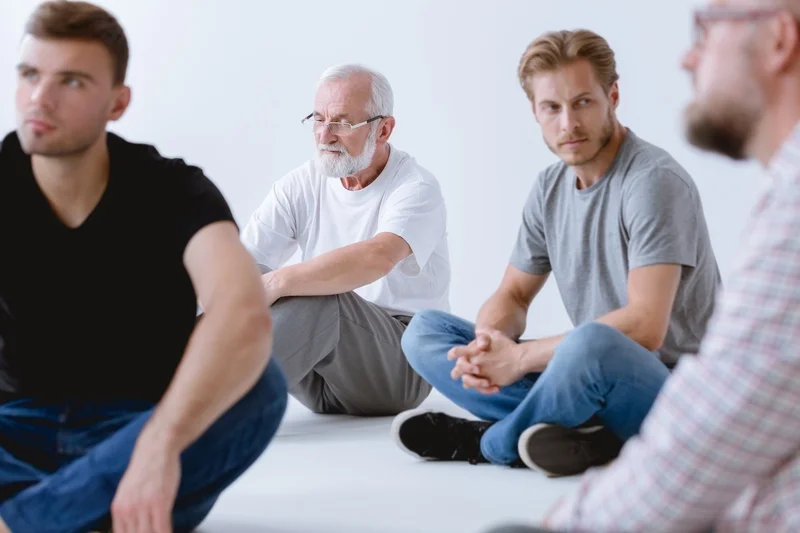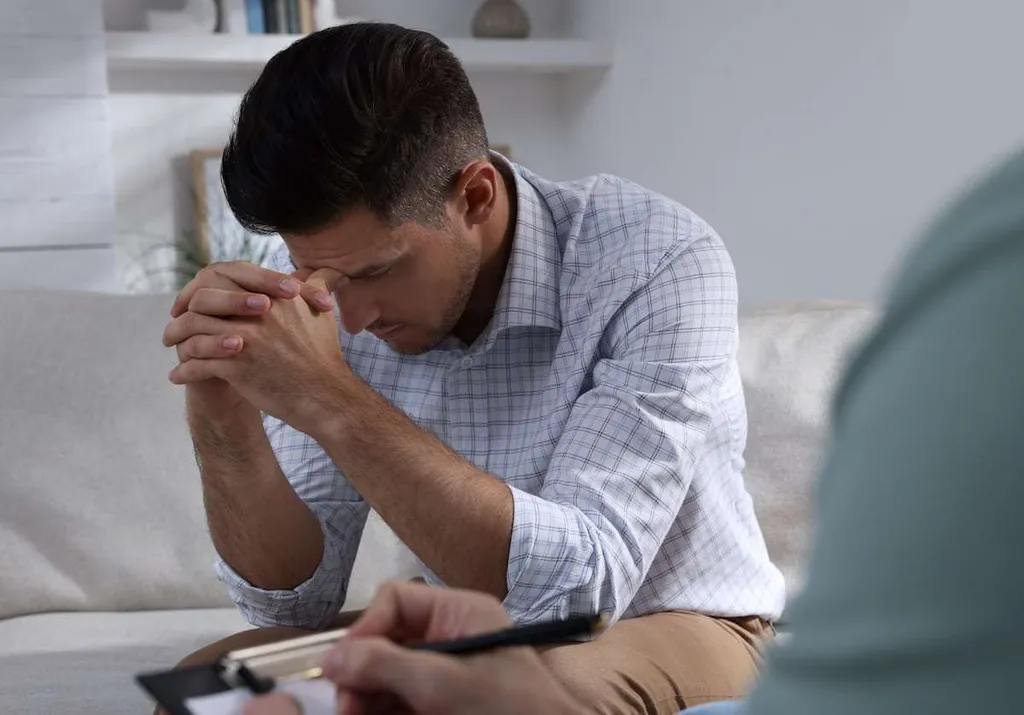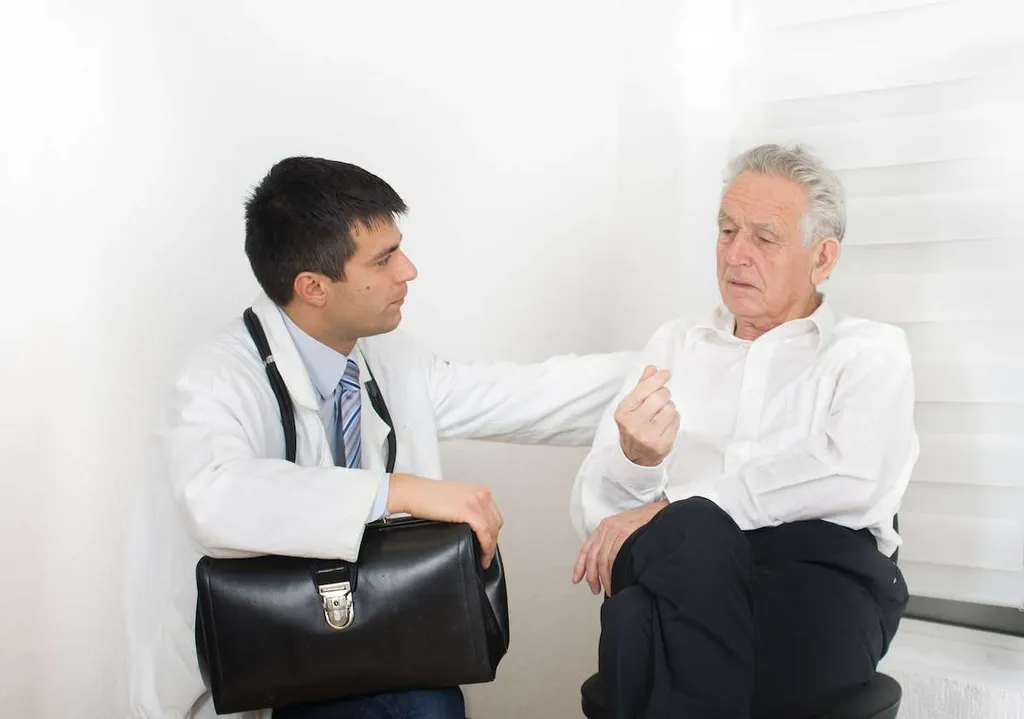
Alongside these, stomach pain can persist and may be accompanied by potential complications like stomach bleeding. The early stage of alcohol withdrawal can bring about a host of symptoms, including anxiety, nausea, sweating, trouble sleeping, and brain fog. Well the answer depends on a variety of factors including your brain chemistry, intensity of alcohol dependence, amount of alcohol last consumed, etc. The persistent assault of alcohol on the stomach lining can lead to conditions like gastritis and increase the formation of stomach ulcers.
The Importance of Healthy Diet in Stomach Recovery

Even if you only drink a moderate amount of alcohol, you could develop constipation. When you drink alcohol, it’s more difficult Twelve-step program for your body to release vasopressin, which is a type of hormone that makes it possible for your body to keep water from exiting when you urinate. If your body doesn’t release as much vasopressin as usual, you’ll need to urinate more often, which can lead to you becoming dehydrated and constipated.
What are the symptoms of alcohol withdrawal syndrome?
So, whether it’s through a supplement or fermented foods like yogurt and sauerkraut, make sure you’re getting your dose of probiotics. While not drinking might be your current focus, there are other lifestyle practices that will also benefit your skin. For example, Dr. Reszko advises taking a probiotic to help reset your GI microbiome, which has a direct relationship with the skin. A nutritious diet, regular exercise, and reducing stress are also of utmost importance, notes Dr. Golberg. If you’re living a sober lifestyle, ensuring you’re staying as healthy as possible in all other areas will only magnify those positive effects. Unlike the effects that regular consumption of alcohol can have on, say, your liver, you can witness the damage it’s doing to your skin with your eyes.
Understanding Stomach Pain After Quitting Alcohol

Drinking ample water throughout the day helps maintain the mucosal lining of the intestines and facilitates digestion. It’s like ensuring a steady flow of a nurturing river that keeps the gut ecosystem balanced and functional. Aim for at least eight glasses of water daily to support gut health and overall bodily functions. Integrating probiotic-rich foods like yogurt, kefir, and fermented vegetables can introduce beneficial bacteria to the gut.
- Our bodies thrive on routines, and any significant changes can temporarily affect digestion and bowel movements.
- Whilst drinking alcohol has been shown to increase the risk of developing many cancers, ending alcohol consumption will reduce the risk compared to if you continue drinking.
- It’s as if our gut walls are under constant assault, leading to wear and tear.
- Before treatment begins, you may sit down with specialists to create a comprehensive program that includes behavioral therapy, goal setting, counseling, and aftercare sessions.
- Clinically, Warren has developed a therapeutic skillset that utilizes a strengths-based perspective, Twelve Step philosophies, Cognitive Behavioral Therapy and Motivational Interviewing.
Alcohol Withdrawal Treatments

Whether we’re looking to avoid the dreaded “alcohol poops” or aiming to improve our gut health, understanding how alcohol affects our digestive system can help keep our bathroom sprints at bay. Let’s dive into a less talked about side of alcohol — its effects on our bowel movements. Alcohol has a laxative effect that can increase the speed at which food moves through the digestive system. When you cease alcohol consumption, the transit time of your bowel may slow down, resulting in constipation. This alteration in bowel movements is typically temporary and resolves as your body adjusts to the absence of alcohol. In some cases, persistent constipation after giving up alcohol could be a sign of an underlying medical condition.
For example, let’s say you consume a drink that has 20% or more alcohol content. In this scenario, your gut muscles may slow down, which makes it more what happens when you stop drinking difficult for food to be pushed through. On the other hand, 1.5 ounces of gin or tequila can contain around 40% alcohol. He has a nursing and business/technology degrees from The Johns Hopkins University. Drinking even small amounts of alcohol can have a temporary diuretic effect.
Medication Side Effects
- And if you end up replacing alcohol with beverages like juice may even end up improving your colon health.
- The main treatments available to you include intensive inpatient rehab at a hospital, residential rehab at a facility, intensive outpatient treatment, and standard outpatient treatment.
- When you attend a treatment program that offers medical detox, healthcare professionals will supervise this process to make sure that any serious symptoms are mitigated.
- Additionally, she manages the Instagram page @LaurenLovesNutrition, where people can receive evidence-based nutrition tips and updates.
They might also ask their clients if they can speak with any friends or family members. Among the many ways that alcohol can suppress the immune system, booze can negatively impact the balance of the gut microbiota. Poor gut health and microbiota imbalance can ultimately weaken one aspect of how our body protects us from illness.

When you quit drinking, your hormones may take time to readjust, potentially impacting bowel movements. Give your body time to regulate its hormone levels, and constipation should gradually resolve. If you’re a heavy drinker or someone with a history of alcohol dependence, always consult with a medical professional before quitting. In addition to H2O, Dr. Sonpal also recommends plain fruit juices made without added sugars. However, both of these drinks should also be paired with a nutrient-dense diet to fully reap the benefits of eliminating alcohol consumption.
- There are other people who feel physically sick and others who have mild physical symptoms but struggle mightily with psychological effects like cravings and thinking about drinking constantly.
- By understanding the potential risks, you can take proactive steps towards recovery and ensure you’re equipped to handle any complications that might arise.
- Excessive urination throughout the night, a common experience for heavy drinkers, can also contribute to the body’s water loss, further impacting digestive health.
Alcohol’s Role in Inflammation and Ulcers
Since the process is sped up, our intestines don’t have time to digest properly, leading to diarrhea. Now that we understand how alcohol is metabolized and impacts each step of the digestive process, let’s zoom in on its effects on our bowel movements. Once alcohol reaches our stomach, about 20% is absorbed through our stomach lining. This means that any food we have in our stomach can slow down alcohol absorption.
This disruption results in an acid that irritates the stomach lining, causing gastritis and contributing to the discomfort experienced during alcohol withdrawal. Managing this irritation can be a significant part of overcoming alcohol withdrawal and maintaining long-term sobriety. The relationship between alcohol and the digestive system is far from harmonious. Long-term alcohol consumption can have a detrimental effect on your digestive health, notably damaging the stomach lining and increasing the risk of stomach ulcers. The discomfort can range from mild to severe, with nausea, abdominal pain, and cramping as typical manifestations.
